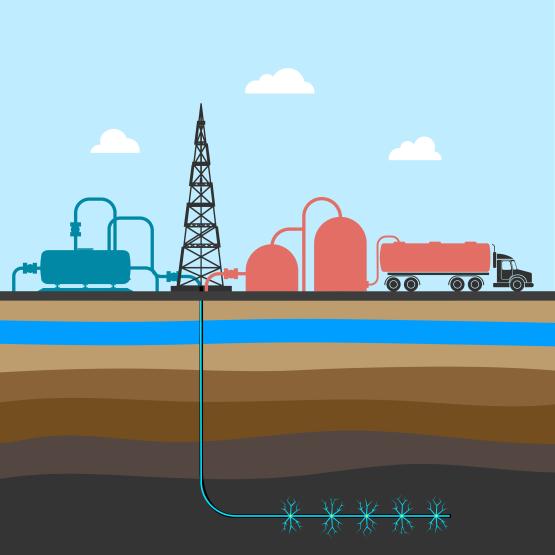
At Ohio University’s Institute for Sustainable Energy and the Environment (ISEE), our environmental remediation efforts focus on addressing some of the most pressing environmental challenges by developing sustainable technologies for CO2 utilization, nutrient recycling, produced water remediation, and the conversion of biomass waste into fuels. We employ a range of thermochemical and electrochemical techniques to remediate pollutants of environmental concern.
CO 2 Utilization
CO 2 utilization is an approach to reducing greenhouse gas emissions by converting carbon dioxide into valuable products. At ISEE, we are applying innovative electrochemical technologies to convert CO 2 into chemical building blocks and building materials.
By turning emissions into resources, our research not only mitigates the environmental impact of CO 2 but also contributes to the development of a circular carbon economy. These efforts are driving sustainable solutions that help industries reduce their carbon footprint while creating economic value from waste emissions.

Nutrient Recovery
Excessive nutrient runoff, particularly nitrogen and phosphorus, is a major contributor to waterway eutrophication, leading to harmful algal blooms and aquatic ecosystem damage. Nutrient recycling is essential for creating sustainable agricultural systems by recovering valuable nutrients from waste streams and reintroducing them into the production cycle.
ISEE is developing advanced electrochemical techniques which recover nitrogen and phosphorus from municipal wastewater and farming operations as a recyclable fertilizer which reduces nutrient runoff into the environment and emissions associated with fertilizer production.
Biomass Waste to Fuels
Lignin, a complex organic polymer, is a major byproduct of the pulp and paper industry, often treated as waste and incinerated for minimal energy recovery. However, this underutilized resource holds significant potential for high-value applications, from biofuels to advanced materials.
ISEE is addressing this challenge by developing low-temperature, energy-efficient electrochemical processes. Our approach targets specific, high-value products, such as functionalized aromatic compounds, helping to unlock lignin’s potential while contributing to U.S. energy and materials security.
Produced Water Remediation
Produced water is a byproduct of oil and gas extraction processes, containing a complex mixture of organic and inorganic compounds. Managing this wastewater poses significant environmental and operational challenges, as its treatment and disposal require advanced solutions to minimize ecological impact.
ISEE has been developing innovative ways to remediate produced water, including Joule-heated technologies to remediate dissolved solids and utilizing the waste as a carbon capture media through the production of carbonate products.

